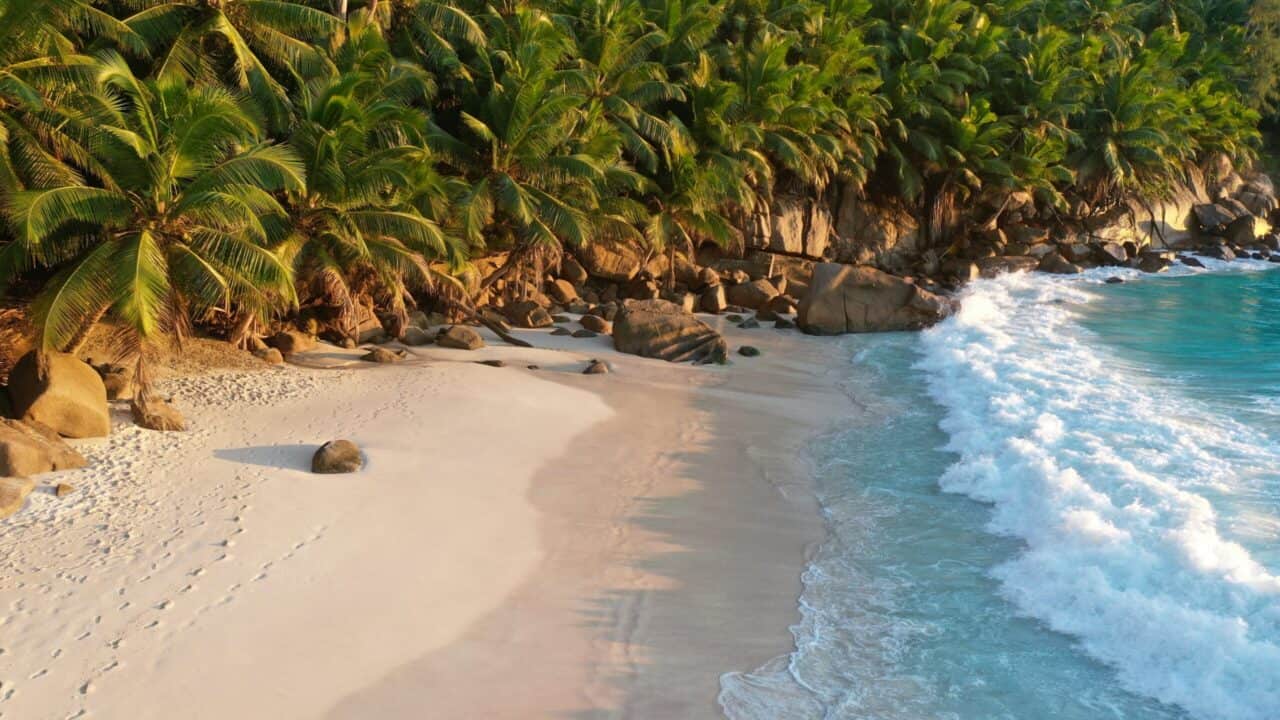Seychelles to launch atmospheric balloon satellite
Written by Editor on 27th April 2022

30 trained students from Seychelles have been trained and built the small satellite from scratch. (Sedrick Nicette)
(Seychelles News Agency) – Seychelles will launch its first atmospheric balloon satellite to collect data on greenhouse gases on Thursday, April 28.
The event is a collaboration between the Department of Science and Technology in Seychelles and Space Kidz India (SKI) – an aerospace organisation for young scientists – through which 30 trained students from the island nation built the small satellite from scratch.
An atmospheric balloon satellite is designed to carry lightweight experiments in near space and Thursday’s satellite will head up to between 15 km to 20km above sea level. It will then fall back to earth where it will be collected and the data analysed.
This event is part of the STEM (Science, Technology, Engineering and Maths) programme launched in schools in recent years, where the aim is to get more students involved in science and technology,” said the science department’s director general, Xavier Estico.
“We wanted the students to keep pushing the boundaries of what Seychelles is expected to achieve and go further, and space technologies are one area where the country’s geographical location provides a lot of advantages, which we can fully exploit,” added Estico.
The small satellite will be launched during a free event on Thursday morning at the Stad Popiler stadium in the capital Victoria at 7.30 am. A helium-filled balloon will carry the satellite up to an altitude where the pressure will burst the balloon and send the satellite back to earth.
The satellite return is not expected to cause any damage as it will have a parachute attached to it and is expected to fall into the ocean.
The Department of Science and Technology is working with other institutions to ensure everything goes smoothly. These include the Civil Aviation Authority (SCAA), Air Traffic Control, the Meteorological Authority as well as the Seychelles Coast Guard, who have been tasked with recovering the satellite at sea.
“We expect the satellite’s journey to take up to five hours, where it has been fitted with the necessary devices to keep sending out its location and height to ensure maximum data is collected,” said Estico.
The students themselves will then retrieve and analyse the data, where aside from measuring greenhouse gases, they will also get more information about the air quality, humidity and radiation levels, among others.
Melchizedek Solin from Pointe Larue Secondary is one of the students taking part in the programme and he explained that for him this has been an amazing experience.
“Personally, this project has really taught me a lot, not only to build the satellite, but we learned coding, engineering, astronomy and programming, which was really interesting,” said Solin.
Estico added that such an event will hopefully drive more children to take an interest in STEM education, where they can lead Seychelles into a new era of technology and innovation.
“We may be a small island state, but we have big ambitions and that can be achieved through educating the next generation of scientists, engineers and innovators,” he added.







